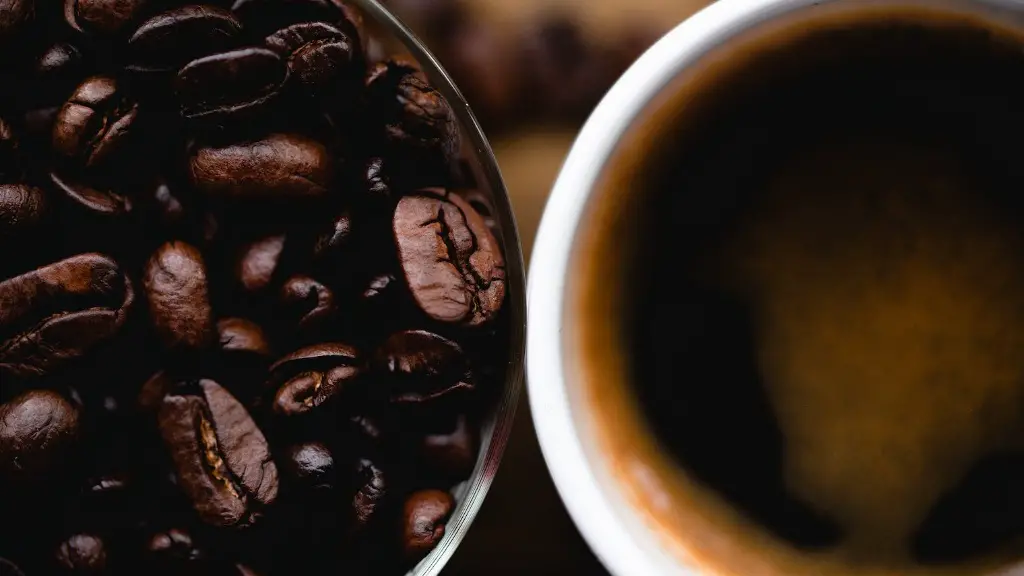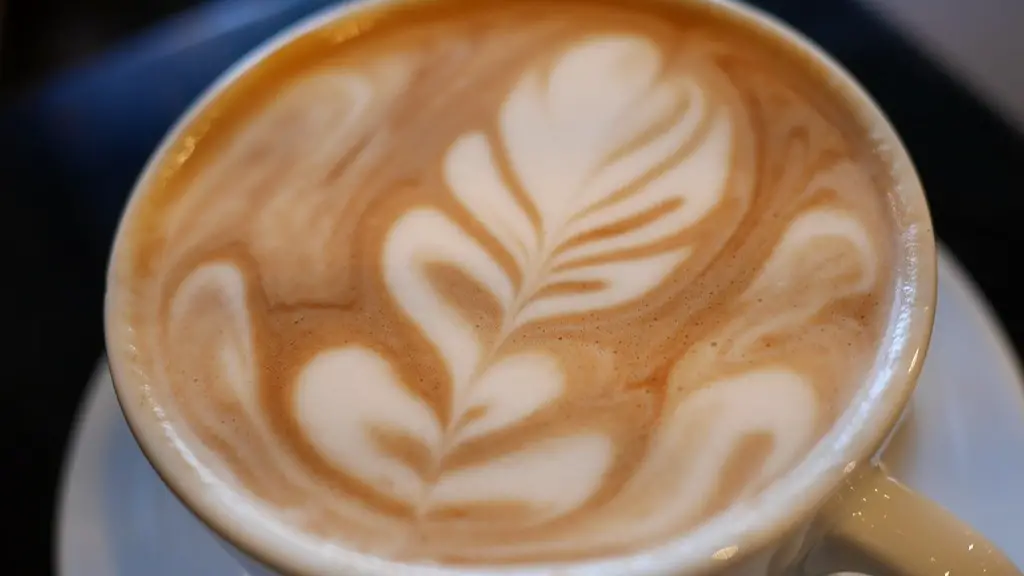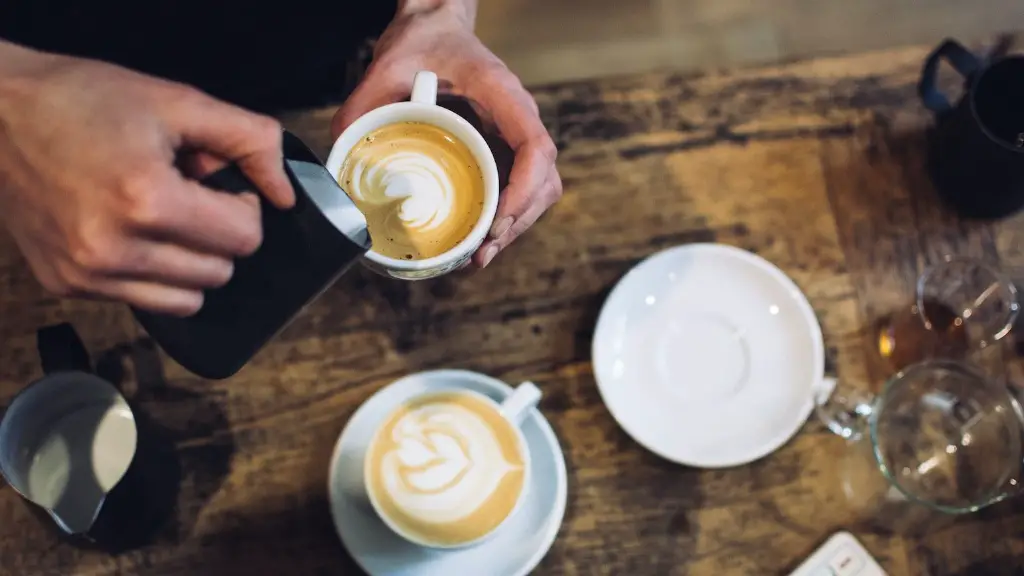When it comes to drinks that give energy, there’s a lot of debate around what is better: energy drinks or coffee. Both are popular and easy to access, so it can be tough to decide which one you should go for. While it’s true that coffee and energy drinks both provide an energy kick and can help you to battle tiredness, there are differences between the two that need to be taken into consideration.
Caffeine Content
Caffeine is the main active ingredient in coffee and energy drinks, but the amount of caffeine in coffee and energy drinks varies greatly. Generally speaking, coffee contains more caffeine than most energy drinks. A 12-ounce cup of regular coffee contains around 95-200 mg of caffeine, while a regular can of energy drink contains between 24-80 mg of caffeine.
It’s important to remember that not all energy drinks contain the same amount of caffeine, and the amount of caffeine in an energy drink also depends on the size of the drink. For example, some brands offer different sized cans with different caffeine levels. The more caffeine a drink contains, the stronger the energy kick it will give you.
Sugar
One of the biggest differences between coffee and energy drinks is the amount of sugar they contain. Most energy drinks are full of sugar and contain up to 34 grams – that’s the equivalent to 8 teaspoons of sugar! Coffee on the other hand contains very little to no sugar, depending on whether you have it black or with a sweetener.
It’s worth noting that the type of sugar used in energy drinks is usually artificial. This means that the energy you get from consuming it will not last as long as the energy you get from drinking coffee. However, some energy drinks now contain all-natural sweeteners which provide a sustained energy boost.
Taste
Another difference between coffee and energy drinks is the taste. Coffee is well known for its strong and distinctive taste, while energy drinks are usually carbonated and sweetened with sugar. While the taste of energy drinks may be appealing to some people, it’s not for everyone. Coffee has a more sophisticated taste, which may appeal to people who like to experiment with different coffee types.
It’s also worth noting that coffee can be served in many different ways: black, with milk, with sugar, with syrups and spices etc. This makes it very versatile and gives you more freedom to experiment with different flavours and enjoy the taste of your drink.
Cost
When it comes to cost, coffee and energy drinks are fairly similar. Most energy drinks cost between $2-$3, while the cost of coffee can range from $2 to upwards of $10 or more, depending on where you buy it from. However, it’s worth noting that energy drinks are usually sold in smaller cans or bottles, which means that you’re likely to go through them quicker and so will have to buy more often.
Effect on Health
Drinking too much caffeine can be bad for your health, and this is true for both energy drinks and coffee. However, energy drinks tend to have more sugar than coffee, and this can be detrimental to your health in the long term. Too much sugar can lead to weight gain, which can increase the risk of diabetes and other health conditions.
It’s also important to note that energy drinks can contain artificial colours and flavours, which can be harmful if consumed in large quantities. Coffee, on the other hand, is naturally caffeine and contains no added artificial ingredients, making it a much healthier option.
Coffee Alternatives
If you’re looking for an energy kick but don’t want to turn to coffee or energy drinks, there are other alternatives. Natural energy drinks such as green tea, matcha and yerba mate are becoming increasingly popular. They are naturally caffeinated and contain no added sugar or artificial ingredients, making them healthier than traditional energy drinks.
These drinks will give you an energy boost without the crash that comes with energy drinks, and many of them also offer additional health benefits such as improved alertness, reduced stress and improved immunity.
Not a Replacement for Sleep
Regardless of whether you choose coffee or energy drinks, it’s important to remember that these drinks are not a replacement for sleep. Caffeine can only go so far and, in the long run, a lack of sleep is more likely to have a negative effect on your performance, focus and energy levels than either coffee or energy drinks.
Sleep is vital for overall health and wellbeing, so it’s important to make sure you’re getting enough of it. When it comes to energy drinks and coffee, it’s best to have them in moderation and to complement a healthy and well-balanced lifestyle.
Sleep Hygiene
Improving your sleep hygiene can be a great way to ensure that you get the restful sleep you need. A good sleep hygiene routine includes having a set sleep schedule, avoiding caffeine and alcohol close to bedtime, creating a dark and calm environment, avoiding looking at digital screens before bedtime, avoiding eating close to bedtime and doing some form of relaxation (such as stretching, yoga or meditation) before going to sleep.
These simple steps can help to promote better sleep and ensure that you are getting the rest you need in order to stay energized and alert during the day.
Limit Intake
Consuming too much caffeine can have an adverse effect on your health, so it’s important to limit your intake. The recommended daily limit of caffeine intake is 400 mg per day, so it’s best to keep track of how much caffeine you’re consuming and know when to stop.
Also consider the source of your caffeine. Coffee can be a great source of caffeine, as it contains naturally occurring caffeine, and can be much healthier than energy drinks. However, it’s important to remember that some coffee drinks can be high in calories, especially if they contain added syrups and cream, so it’s best to opt for black coffee or a lighter version when possible.
Health Benefits of Coffee
Although drinking too much caffeine can be detrimental to your health, moderate amounts can provide health benefits. Coffee is a great source of antioxidants, which can help to safeguard your body against free radical damage. Studies have also shown that regular coffee drinkers can reap the benefits of improved memory and concentration, better alertness and reduced risk of certain diseases such as diabetes.
Coffee can also help to enhance your physical performance and make exercise easier, as caffeine provides an energy boost that can help to increase alertness, endurance and focus. However, it’s important to remember to always consider the source of your caffeine and make sure that it’s from a healthy and natural source.
Coffee Tolerance
When it comes to coffee and energy drinks, it’s important to consider your individual tolerance. Some people may find that coffee makes them jittery and anxious, while others may find that they can tolerate coffee better than energy drinks. It’s important to experiment with both coffee and energy drinks in order to find out which one is best suited to your individual needs.
It’s also worth noting that both coffee and energy drinks have their pros and cons, so it’s best to take into consideration the ingredients, caffeine content and effects they have on your body before making a decision.
Alternatives to Coffee and Energy Drinks
If you’re looking for an energy boost without the caffeine, there are many alternatives to coffee and energy drinks. Herbal teas such as green tea and yerba mate are naturally caffeinated and can provide an energy boost without the crash. Other natural energisers include matcha, guarana and maca, which are all naturally caffeinated and provide energy without the added sugar or artificial ingredients of energy drinks.
It’s also important to remember that eating nutritious foods and exercising regularly can be great sources of energy. Eating a balanced and healthy diet, which includes plenty of vegetables, fruits, proteins and healthy fats, can help to keep you energised throughout the day.
Lifestyle and Stress Management
Another way to stay energised and productive is by managing your stress levels. Stress can have a big impact on energy levels, so it’s important to make sure that you have a healthy lifestyle and take care of yourself. Taking time out to relax and unwind, practising mindfulness and regular exercise can all help to reduce stress levels and boost your energy.
Getting enough sleep is also essential for boosting energy levels. A lack of sleep can cause a range of problems, such as fatigue, lack of concentration and impaired memory. Aim for at least 7-8 hours of sleep a night, and make sure to stick to a regular sleep schedule.
Mental Health Benefits of Coffee
Coffee can also provide a range of mental health benefits. Studies have shown that drinking coffee can help to reduce feelings of depression and anxiety, and can improve overall mood. Coffee can also help to boost concentration and alertness, which can be very beneficial in stressful or demanding situations.
It’s important to remember to always drink coffee in moderation. While moderate amounts of coffee can provide mental health benefits, drinking too much can cause irritability, insomnia and nervousness.





